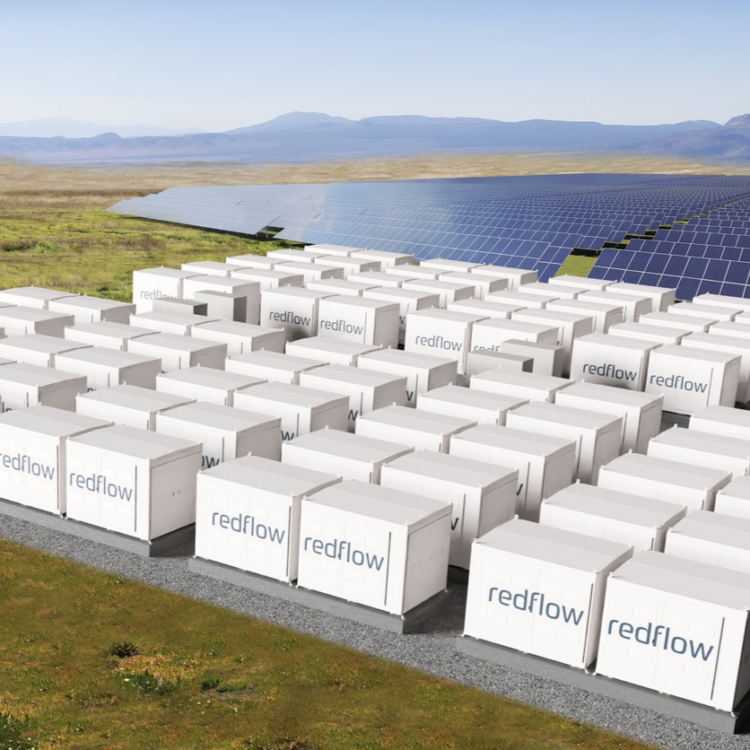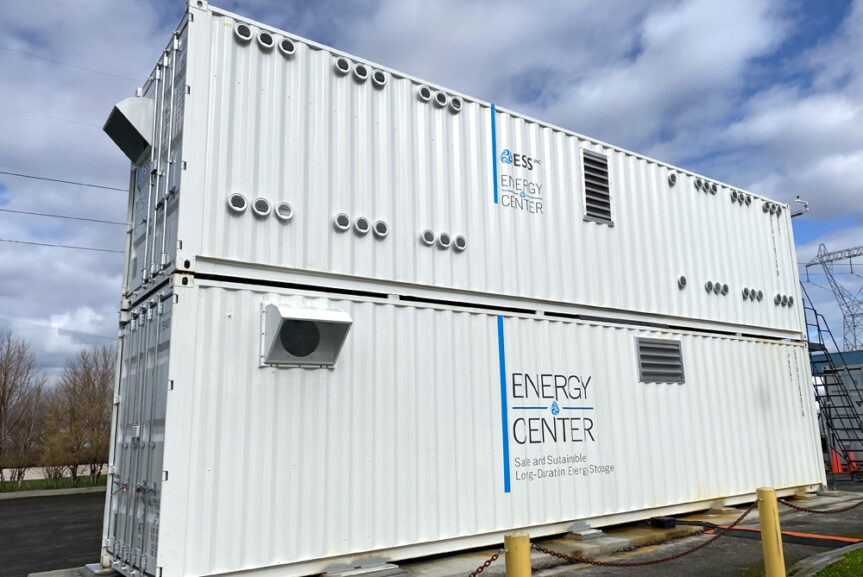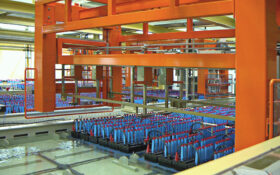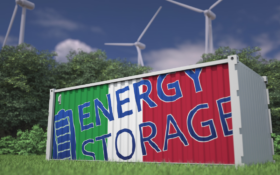Energy storage company Redflow said on Thursday it gained funding approval from the California Energy Commission (CEC) for a 20MWh solar and storage project with zinc-bromine flow batteries. They will provide power for the Paskenta Band of Nomlaki Indians.
Australia’s Redflow will supply 2,000 ZBM3 batteries in 200kWh modular energy pods. Delivery will be in 2023 and 2024. The zinc-bromine flow technology can provide up to 12 hours’ energy capacity for commercial and utility-scale energy storage applications, it said.
The project will further build on Redflow’s portfolio of 250 active deployments and over 3GWh of energy delivered.
The project will be funded by the CEC’s $140 million long-duration energy storage grant programme. It focuses on enabling commercially proven non-lithium energy storage technologies to scale.
This follows the 2MWh system in California that Redflow installed for Anaergia in 2022.
Redflow chief executive officer Tim Harris said: “This 20MWh project is one of several large-scale opportunities in our pipeline, and represents the next phase of our growth strategy, validating our focus on large-scale systems in the US and Australia.”
The company said the project is part of the tribe’s efforts to achieve greater energy sovereignty and control of own energy resources. Faraday Microgrids, a California developer and contractor, is the grant recipient and project lead. It has deployed a number of CEC grant-funded microgrid projects.
Separately, the CEC said the state is focused on deploying energy storage. According to the California Independent System Operator, battery storage capacity has increased almost 20-fold since 2019. It has gone from 250MW to 5GW. By mid-century, capacity is projected to increase another 10-fold to 52GW.












